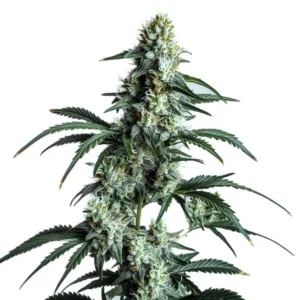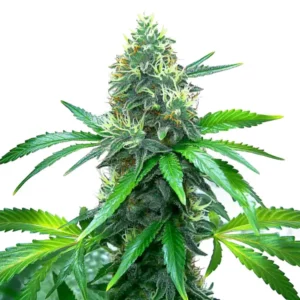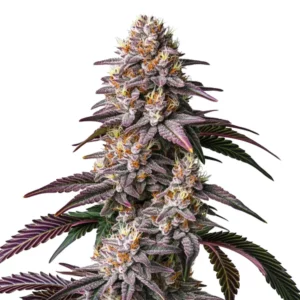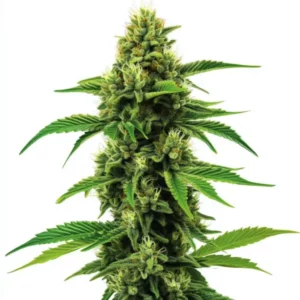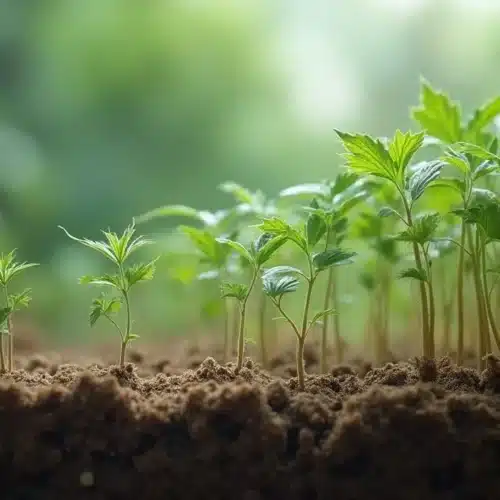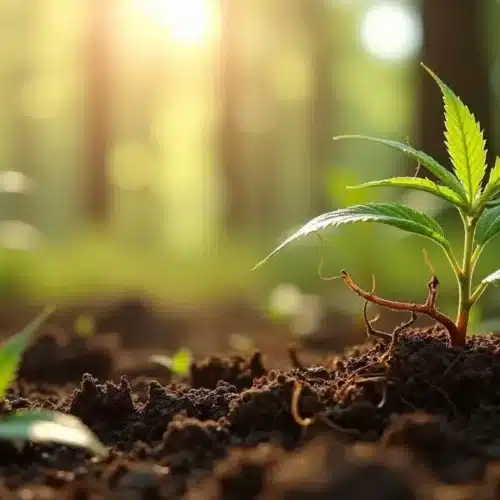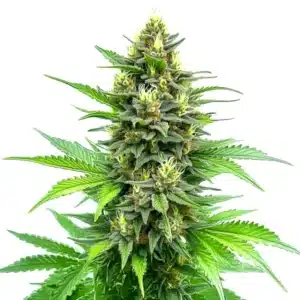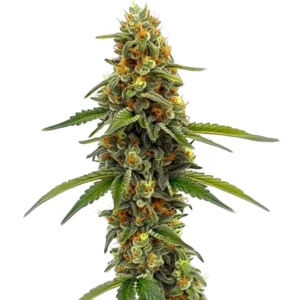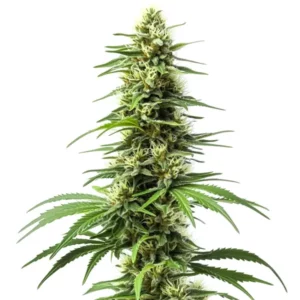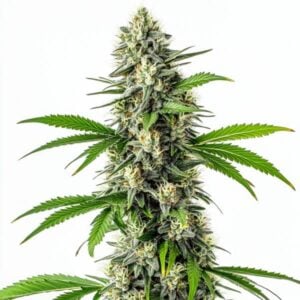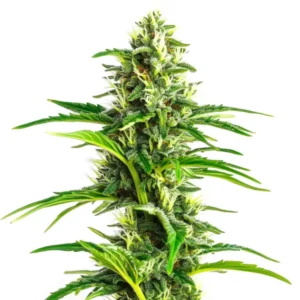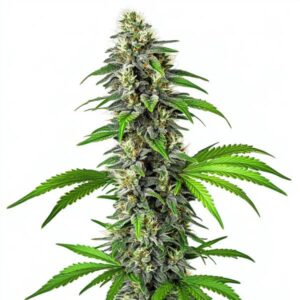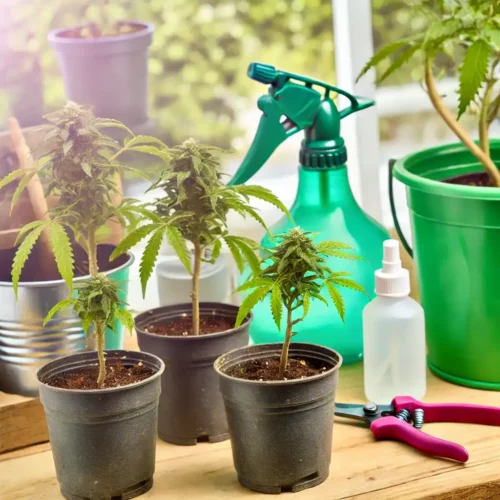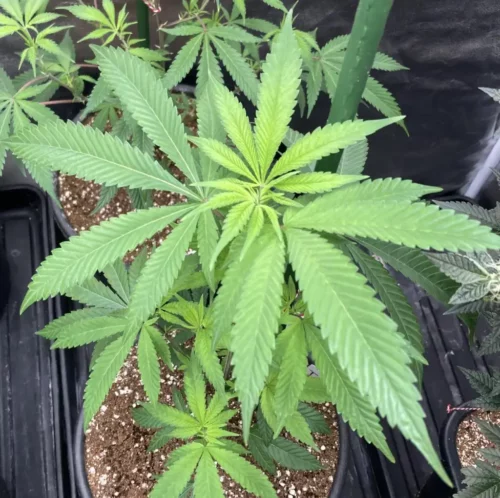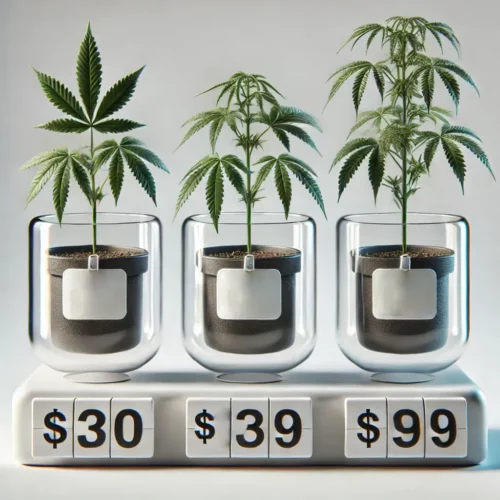Selecting Quality Hemp Clones for Sale
Finding high-quality hemp clones for sale is crucial for growers aiming for robust plants with optimal CBD yields and minimal THC content. Choosing reliable clones with stable genetics ensures each plant produces consistently high-quality buds, making your investment worthwhile. A good clone not only saves time and money but also increases the likelihood of a productive harvest.
When selecting clones, look for proven genetic stability. Reliable clones should come from a reputable source, guaranteeing that you’ll receive plants with predictable growth patterns, cannabinoid levels, and resilience against common diseases. By starting with premium hemp clones, you set a strong foundation for a successful harvest.
Importance of Genetic Stability in Hemp Clones
Genetic stability is key when investing in hemp clones. Clones with stable genetics ensure that your crop will have uniform growth and cannabinoid levels, which are vital for maintaining quality across your entire harvest. Unstable clones can lead to unpredictable results, such as unwanted variations in CBD and THC levels, which can complicate the final product’s legality and marketability.
Choosing high-quality, genetically stable clones from certified sellers not only boosts the reliability of your crop but also enhances market trust in your product. For growers focused on CBD, it’s particularly important to secure clones with a high-CBD, low-THC profile, ensuring legal compliance and a consistent experience for end consumers.
Identifying High-CBD and Low-THC Clones
High-CBD, low-THC clones are essential for those cultivating hemp for therapeutic or wellness products. When searching for hemp clones for sale, it’s beneficial to confirm the cannabinoid profile provided by the seller. Typically, reputable vendors will include a certificate of analysis showing the clone’s CBD and THC levels.
By selecting clones specifically bred for high-CBD and low-THC levels, you maximize your crop’s marketability. Additionally, high-CBD clones ensure that your harvest stays within legal THC limits, allowing for wider distribution and regulatory compliance. Prioritizing clones with the right cannabinoid balance can significantly impact the quality and value of your final product.
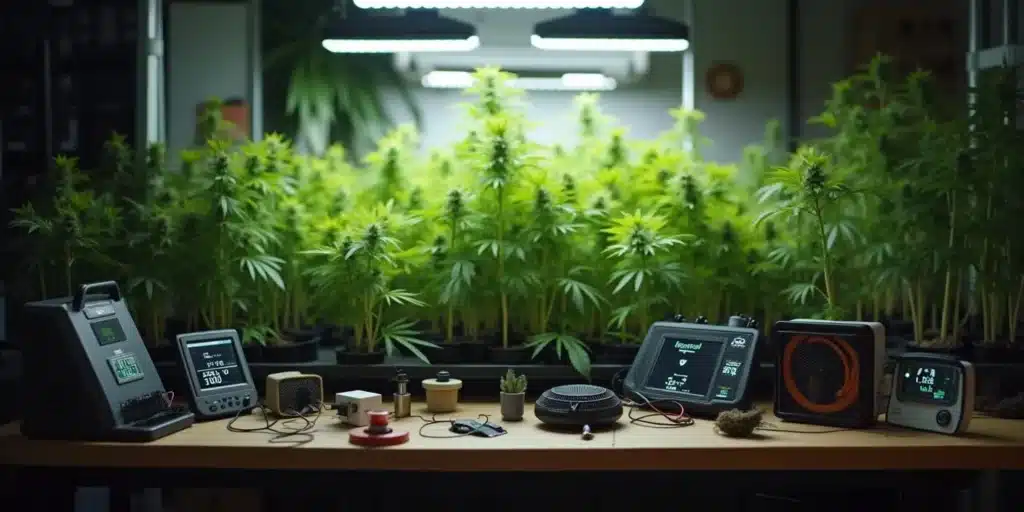
Promos & Deals
Where to Find Trusted Hemp Clones for Sale
Choosing where to purchase hemp clones can significantly impact your crop’s success. Reliable clones are usually available through both online sources and local suppliers, each with its advantages. Online suppliers often offer a wider variety and detailed strain information, while local sources can provide more hands-on guidance and allow you to inspect the clones directly.
Both methods have merit, so weigh the benefits based on your needs. Online vendors provide convenience and often give you access to specific strains optimized for CBD production. However, local sellers let you see the plants up close, ensuring they meet your standards before purchase. In either case, verifying the seller’s authenticity and clone quality is key to making a successful investment.
Online vs. Local Sources for Hemp Clones
Online sources often offer a wider selection, including exclusive strains and detailed product information, which can be particularly beneficial for specialized growers. Purchasing hemp clones for sale from a reputable online source allows you to compare various strains for specific CBD and THC ratios, offering flexibility in tailoring your crop.
Local sources, on the other hand, provide the advantage of firsthand inspection. Visiting a nursery allows you to see the plant’s health and stability, a reassurance that online sources may not provide. While online options offer variety, local sources provide the added benefit of direct examination and immediate availability, which can be valuable when planning your crop schedule.
How to Verify Seller Authenticity and Clone Quality
Ensuring the authenticity of the seller is essential when purchasing hemp clones for sale. Look for vendors with verified reviews, certifications, and a track record of quality clones. Sellers should be transparent about the origin of their clones and be able to provide a certificate of analysis for cannabinoid content.
High-quality clones will often come with documentation detailing their genetic background and expected growth characteristics. Requesting this information upfront allows you to make an informed decision, ultimately protecting your investment and setting your grow operation up for success. Checking for reputable credentials from sources like blimburnseeds.com can help verify authenticity and quality.
Optimizing Growth for Purchased Hemp Clones
Once you’ve found quality hemp clones for sale, optimizing their growth is key to achieving a healthy and productive harvest. Proper care from the moment you acquire your clones will ensure they reach their full potential. Preparation of your grow environment, consistent hydration, and balanced nutrition all play essential roles in strengthening these young plants.
After bringing your clones home, avoid placing them directly under intense light. New clones need time to adjust, so starting with gentle, indirect light can help ease the transition. Gradually increasing light intensity will prevent shock and encourage steady growth, allowing the plants to adapt while forming healthy roots.
Best Practices for Transporting and Handling Clones
Transporting hemp clones requires gentle handling to avoid unnecessary stress. Sudden temperature changes, exposure to direct sunlight, and physical jolts can damage clones, slowing growth. Use a secure container and, if possible, bring clones home during cooler parts of the day to avoid extreme heat.
Once you’ve transported your hemp clones for sale, take time to acclimate them before transferring them to their permanent grow environment. Placing them in an intermediate, lower-light setting can prevent stress from sudden exposure to intense lights or outdoor conditions. This small adjustment period can make a significant difference in their initial adaptation phase.
Preparing the Ideal Growing Environment for New Clones
Creating an ideal environment is essential for clones to establish strong roots and begin vigorous growth. Start by checking that the grow space maintains steady humidity levels around 60-70% and a temperature range of 72-80°F. Consistent warmth and humidity allow clones to absorb water effectively and minimize stress.
Additionally, proper ventilation ensures that clones receive fresh air, which promotes healthy growth. Avoid placing clones in areas with strong airflow directly over them, as it can dry out leaves. A gentle circulation of air will suffice, helping to distribute warmth evenly and reduce the risk of mold or other fungal issues in the early stages.
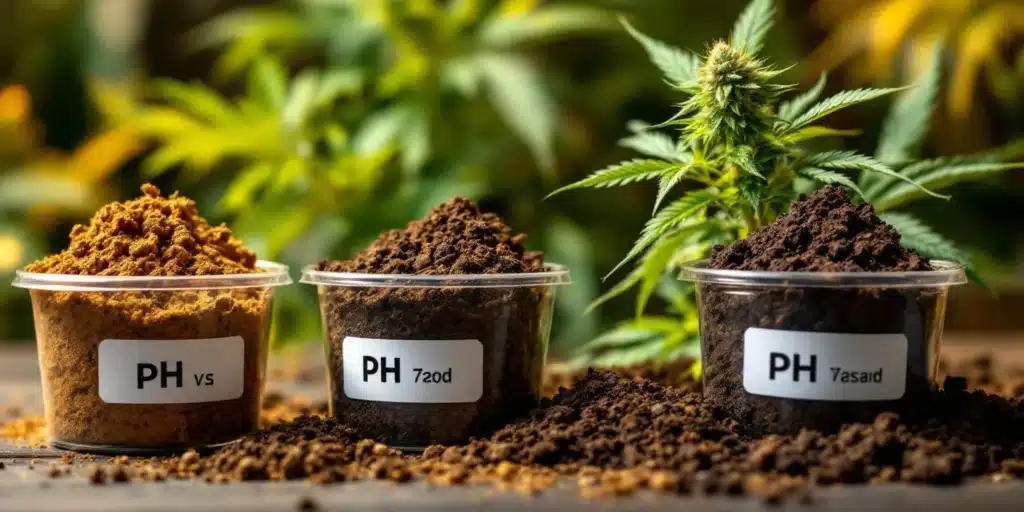
Ensuring Legal Compliance When Buying Hemp Clones
Purchasing hemp clones legally is vital to avoiding potential complications and ensuring a smooth cultivation process. Regulations surrounding hemp can vary widely depending on location, so knowing the local laws is essential. In most cases, the legal threshold for THC content in hemp is below 0.3%, so be sure the clones you’re buying meet this criterion.
Documentation from sellers can prove essential in this process. Reputable vendors provide certificates of analysis that detail THC and CBD levels, ensuring the clones meet legal standards. This information is particularly important when working with online vendors, as it ensures compliance before purchase.
Local Regulations on Hemp Cultivation
Laws surrounding hemp cultivation often depend on THC content and the intended use of the crop. Different jurisdictions have varying requirements for growers, including licensing and inspection protocols. Researching these regulations beforehand helps prevent legal issues and ensures a compliant crop.
Many regions require hemp cultivators to register or hold specific permits. By keeping up with local guidelines, you streamline your growing operation and secure a pathway to market, should you choose to sell or distribute your final product. Always keep documentation and certificates accessible, as these are sometimes necessary for legal verification.
Documentation and Certification for Legal Hemp Clones
Having the right documentation can protect you and validate the legality of your hemp crop. Certificates of analysis are one of the most critical documents you’ll receive with legally compliant hemp clones for sale. These certificates confirm the cannabinoid profile, indicating that the THC content falls within the legal limit.
Additionally, certified clones reassure buyers and consumers that the product is high quality and safe. Keeping these records not only safeguards your operation from regulatory challenges but also provides transparency for any end customers. Documentation is key to maintaining a successful and lawful cultivation practice.
Benefits of Using Hemp Clones Over Seeds
For growers looking to cultivate high-quality hemp, purchasing hemp clones for sale offers distinct advantages over starting from seeds. Clones provide consistency in cannabinoid profile and plant structure, making it easier to predict the quality and yield of your crop. This consistency is critical, especially when aiming for a specific CBD level or terpene profile in your harvest.
Starting with hemp clones instead of seeds also saves valuable time. While seeds must germinate and go through an early growth phase, clones are already developed and ready to establish roots in a short period. This efficiency allows you to reach harvest sooner, maximizing output over multiple growing cycles within a year.
Faster Growth and Higher Success Rates with Clones
Hemp clones grow faster than seeds, bypassing the germination stage and early seedling period, which can take weeks. Clones already possess the same traits as their parent plant, so you can be confident in their growth rate and structure. This rapid development results in a shorter time to harvest, especially for those aiming for multiple yields throughout the year.
The success rate with clones is generally higher than with seeds, as they’re less prone to the variability that seeds can present. With clones, you know each plant’s characteristics, avoiding surprises in terms of height, vigor, or cannabinoid profile. This reliability is invaluable for growers looking for dependable harvests with each cycle.
Consistent Crop Quality and Cannabinoid Profile
When buying hemp clones for sale, consistency in cannabinoid profile is a significant advantage. Unlike seeds, where each plant may show slight genetic variation, clones maintain the same genetic makeup as their parent plant. This uniformity is essential for growers focused on specific CBD content or terpene profiles, making it easier to ensure that every plant meets the desired standard.
Uniform crop quality simplifies post-harvest processing and marketing, especially in a commercial setting. For hemp-based product makers, knowing that each batch will yield the same CBD content makes product formulation much easier. This quality control at the genetic level is why clones have become popular among serious cultivators.
Key Factors When Choosing Hemp Clones for CBD Production
Selecting the right hemp clones for CBD production requires an understanding of the plant’s cannabinoid profile and overall genetic potential. Not all clones are created equal, especially when aiming for high CBD and low THC levels. Quality clones offer enhanced CBD production and stability, making them ideal for growers focusing on CBD extracts or therapeutic products.
The importance of selecting reputable vendors cannot be overstated. Verified sellers provide detailed information on each clone’s cannabinoid and terpene profile, so you know exactly what you’re buying. By choosing certified hemp clones for sale, you increase the likelihood of a successful and legal crop, meeting both CBD standards and THC compliance.
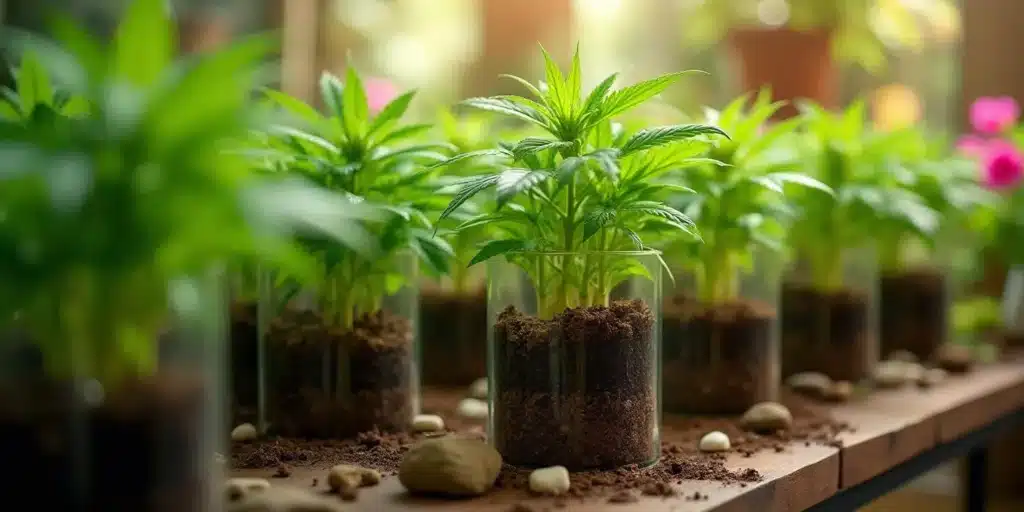
Selecting Clones with High CBD Content
One of the primary reasons growers choose hemp clones is for high-CBD production. The best clones come from mother plants specifically selected for their high-CBD, low-THC profile. Purchasing from reputable sources ensures you’re getting clones that meet these standards, which is especially important for medicinal or therapeutic hemp applications.
High-CBD clones are bred to prioritize CBD while keeping THC levels below the legal limit, so you get an efficient, compliant crop. When investing in hemp clones for sale, look for those with certificates that verify the CBD to THC ratio, offering peace of mind that your plants will yield the desired effects and stay within legal parameters.
Importance of Terpene Profiles
spray Terpenes play a vital role in the therapeutic effects and aroma of hemp plants, making them an essential consideration when choosing clones. Clones with desirable terpene profiles offer enhanced therapeutic benefits, giving your end product a distinctive flavor and aroma profile. Additionally, specific terpenes may complement CBD, amplifying its therapeutic effects for targeted applications.
Working with clones that have verified terpene profiles allows you to create unique hemp products that stand out in the market. Whether for therapeutic or commercial purposes, selecting clones based on their terpene content adds value to your crop, enhancing its market appeal and providing a more comprehensive cannabis experience.
Ensuring Healthy Root Development in Purchased Clones
Healthy roots are the foundation of strong hemp clones, so ensuring your clones have well-established root systems is essential. When you find hemp clones for sale, check the roots for thickness, white coloration, and overall vitality, as these are indicators of healthy clones. Healthy roots support better nutrient uptake, resilience, and faster growth.
During the initial transplant period, your clones need extra care to ensure successful root establishment. With the right environment and support, your hemp clones can develop into sturdy plants, producing high yields and consistent quality. This stage is particularly important, as strong roots directly impact the overall health and productivity of your hemp plants.
Recognizing Healthy Roots at Purchase
Healthy roots are typically white, thick, and slightly moist, indicating that the clone is absorbing water and nutrients well. Avoid clones with brown or thin roots, as these could signal health issues that may hinder growth. By inspecting roots before purchase, you’re setting your clones up for a better start in your cultivation space.
Another aspect to consider when purchasing hemp clones for sale is root density. Well-developed roots that form a network provide stability to the plant, allowing it to anchor well and absorb nutrients efficiently. Healthy roots lead to vigorous growth and a stronger plant that can better handle environmental stresses.
Root Care Techniques for Strong Clone Establishment
After bringing your hemp clones home, focus on maintaining optimal humidity and consistent watering to support root development. Placing clones in a humidity dome or using a gentle misting system helps roots retain moisture, fostering a favorable environment for growth. Avoid overwatering, as this can lead to root rot and compromise clone health.
Additionally, consider using rooting hormones or mycorrhizal fungi during the transplant stage. These supplements encourage root branching and support microbial life in the soil, which benefits nutrient absorption. Root health is vital to the success of your hemp clones, so taking extra steps to support their development can lead to a healthier, more productive crop.

